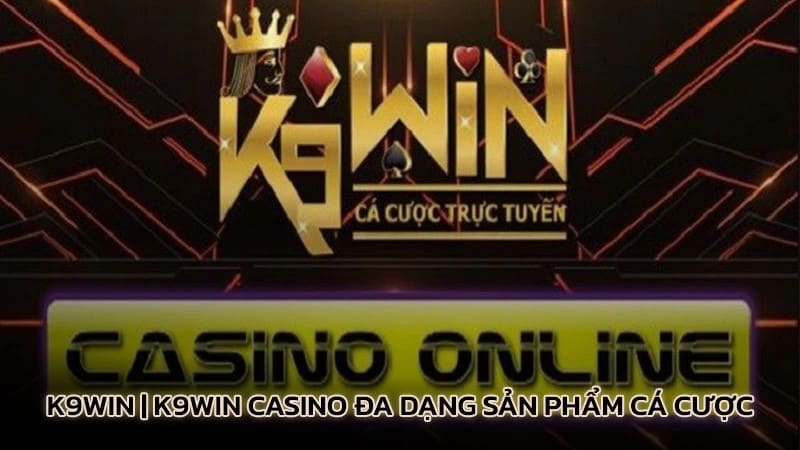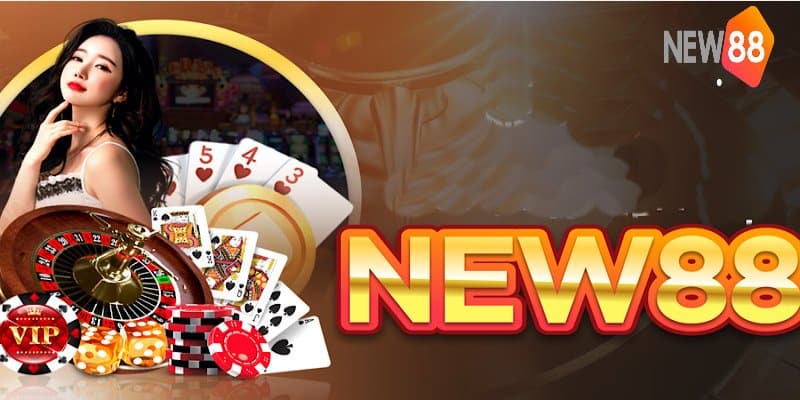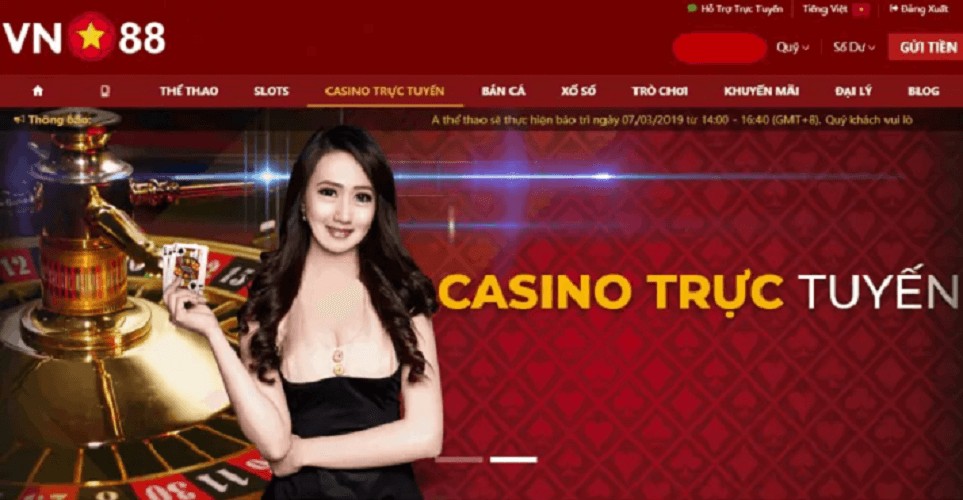Nếu bạn đang muốn khám phá những lựa chọn hàng đầu để tham gia cá độ, đừng bỏ qua danh sách Top 12 nhà cái uy tín nhất Việt Nam mà chúng tôi đã tổng hợp. Chúng tôi đã thực hiện đánh giá chi tiết và phân loại cho từng nhà cái, giúp bạn có cái nhìn toàn diện về những địa chỉ cá cược uy tín nhất.

Các nhà cái uy tín là những doanh nghiệp cá cược hoạt động công khai và theo đúng quy định pháp luật, cung cấp đa dạng hình thức đặt cược bao gồm cá độ bóng đá, casino trực tuyến và các trò chơi giải trí trực tuyến có thể đặt cược bằng tiền mặt.
Để đạt được danh hiệu nhà cái chất lượng, các sòng bạc trực tuyến cần phải có giấy phép hoạt động được cấp bởi cơ quan chính phủ theo quy định. Phương thức thanh toán trực tuyến của họ cần phải được mô tả chi tiết và minh bạch, bao gồm nhiều phương thức chuyển tiền và các biện pháp bảo mật. Người chơi được đảm bảo nhiều lựa chọn khi thực hiện giao dịch nạp tiền, bao gồm các phương thức như ngân hàng trực tuyến, internet banking, ATM, và thậm chí sử dụng thẻ cào.

K9WIN Casino, một tổ chức chuyên hoạt động trong lĩnh vực quản lý nhà cái, đã đăng ký và có trụ sở tại quốc gia Philippines. Họ chấp hành một loạt các tiêu chuẩn nghiêm ngặt được đặt ra bởi các cơ quan chức năng có thẩm quyền trên quy mô quốc tế, họ tự hào được công nhận là một trong những trang web cá cược trực tuyến đáng tin cậy hàng đầu hiện nay.

W88 đang nổi lên như một trong những địa điểm cá cược thể thao quy mô lớn đáng chú ý trong khu vực. Sức hút của nhà cái này đã lan rộng sang nhiều quốc gia tại Châu Á, bao gồm Singapore, Brunei, Indonesia và Đài Loan. Điều này là bằng chứng cho sức thu hút và uy tín mà W88 đạt được trên thị trường cá cược quốc tế.

8XBET, một sân chơi đánh bài trực tuyến, đã xuất hiện trong những năm gần đây và đang được giới thiệu đến cộng đồng người chơi. Với trụ sở chính tại Philippines, nơi nổi tiếng với việc cung cấp dịch vụ cá cược trực tuyến, 8XBET đã tạo nên một địa điểm mới và hứa hẹn sẽ góp phần đặc sắc trong thị trường này.

Nếu bạn đang trong tìm kiếm một nhà cái thể thao trực tuyến đáng tin cậy, thì 789BET là một lựa chọn xuất sắc. Với số lượng người đăng ký hàng đầu trên thị trường, 789BET đã củng cố vị thế của mình như một địa điểm được nhiều người tin tưởng và chọn lựa để tham gia cược trực tuyến.

NEW88 là một nhà cung cấp dịch vụ giải trí trực tuyến, đã được chính phủ Philippines – PAGCOR chấp thuận, đảm bảo mức độ an toàn và tin cậy cao cho những người tham gia các dịch vụ tại đây. Điều này khẳng định cam kết về tính bảo mật và uy tín từ phía NEW88 đối với người chơi.

FB88 không chỉ hạn chế việc cung cấp dịch vụ cá cược trong khu vực Châu Á, mà đang tích cực triển khai chiến lược để mở rộng sự hiện diện của mình đến thị trường Châu Âu. Hành động này thể hiện cam kết của FB88 trong việc phát triển và mang đến trải nghiệm cá cược đa dạng cho người chơi trên quy mô quốc tế.

M88 là một trong những nhà cái tốt nhất, xanh chín được rất nhiều người biết đến trong lĩnh vực cá cược trực tuyến. Họ đã gia nhập thị trường Việt Nam từ năm 2010 và kể từ đó, M88 đã xây dựng lên một danh tiếng vững chắc, trở thành một trong những thương hiệu uy tín và bền vững hàng đầu tại thị trường cá cược trực tuyến Việt Nam.

1XBET đã kiến tạo một danh tiếng vững chắc và minh bạch, tạo nên một môi trường chơi được đánh giá cao về chất lượng.

FUN88, một casino online nổi tiếng không chỉ trong cộng đồng người chơi Việt Nam mà còn trên khắp thế giới. Trang web Casino trực tuyến này đưa đến hơn 100 trò chơi Casino đa dạng, từ những tựa game cổ điển đến những trải nghiệm hiện đại độc đáo.

Nhà cái 12BET được thành lập từ năm 2012 và được quản lý chính thức bởi Công ty Cổ phần Giải trí và Nghỉ dưỡng First Cagayan. Hoạt động chủ yếu của họ tập trung vào việc cung cấp các dịch vụ giải trí trực tuyến, đồng thời đảm bảo sự quản lý và chất lượng thông qua sự kiểm soát của công ty chủ quản First Cagayan.

BK8 là một thương hiệu nổi tiếng, đã xây dựng danh tiếng của mình như một nhà cái uy tín với đánh giá cao. Với sự chuyên nghiệp trong lĩnh vực cá cược bóng đá, BK8 không chỉ được biết đến với độ tin cậy mà còn với sự đa dạng trong trải nghiệm giải trí. Người chơi có cơ hội tham gia vào thế giới độc đáo của live casino, game bài đổi thưởng và cược thể thao, tạo ra trải nghiệm giải trí đa dạng và phong phú.

Nếu bạn là người đam mê chơi Casino trực tuyến và chưa khám phá VN88, thì bạn chắc chắn đã bỏ lỡ một trải nghiệm thú vị. VN88 đã được thành lập với mục tiêu chính là phục vụ cho thị trường Việt Nam, và họ đã đạt được thành công, trở thành một trong những lựa chọn được ưa chuộng nhất.
Các nhà cái uy tín ngày nay đang trở thành lựa chọn phổ biến cho những người hâm mộ trò chơi cá cược trực tuyến. Quyết định chọn một địa chỉ chất lượng và tuân thủ luật pháp không chỉ là sự lựa chọn thông minh mà còn đảm bảo một trải nghiệm giải trí an toàn và thú vị. Hãy mở cửa vào thế giới của những nhà cái chất lượng và thử vận may của bạn ngay hôm nay!